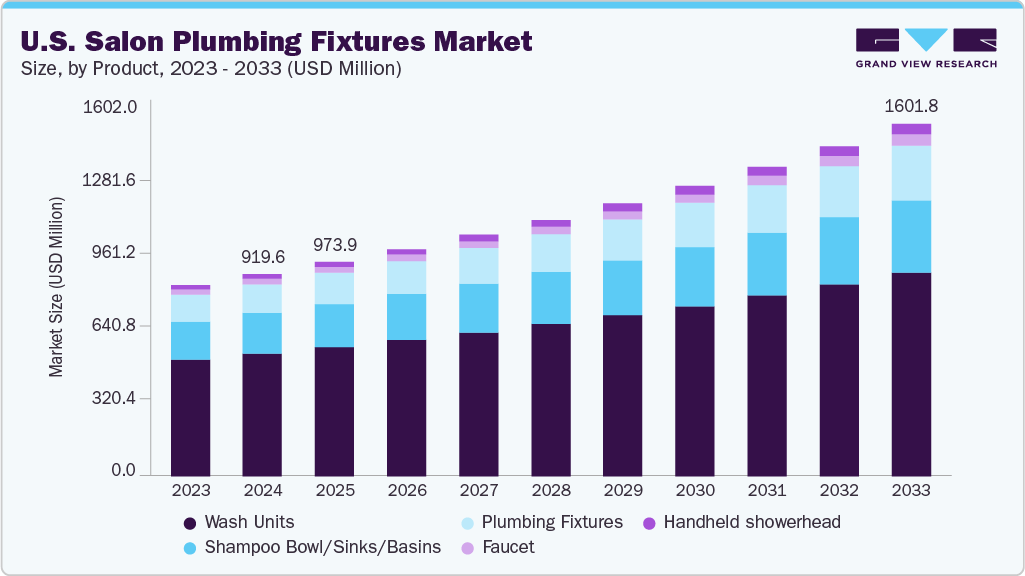What not to flush down the toilet is a list that should contain more than just “things that are too big.” In fact, your home plumbing system is much more sensitive than it looks. Flushing something not meant for its pipes can lead to seriously unpleasant consequences. Think: clogs, overflowing toilets, and damaged septic tanks or city sewer systems.
We chatted with a professional plumber who’s seen it all. According to our expert, avoid flushing these common items to keep things flowing smoothly and help you avoid costly repairs.
Dewayne Sloan, plumbing expert and owner of Sloan’s Plumbing, Nashville, TN
Baby Wipes
Karl Tapales / Getty Images
An all-too-common mistake many homeowners make is flushing baby wipes—even those labeled “flushable,” says plumbing expert Dewayne Sloan. These are made with durable fibers that don’t readily disintegrate in water (unlike toilet paper), which means they can accumulate in pipes and cause clogs and backups in household plumbing.
This goes for skincare and makeup-removing wipes, too!
Hair
There’s a reason your shower has a screen over the drain to catch loose strands before they go down the pipes. Hair behaves like string in the plumbing system, wrapping around itself and other debris to form dense clumps that trap waste and create tough blockages.
Don’t flush the hair you pull from your brush or the shower drain: Toss it in the garbage instead.
Food Grease
Olga Nikiforova / Getty Images
Grease and oil may go down the toilet as a liquid, but they’ll quickly cool and solidify in the plumbing system. Congealed grease can stick to pipe walls and trap other debris, leading to severe stoppages. In municipal systems, grease contributes to huge masses of solid waste that can damage infrastructure and cost millions to remove.
Medication
Wastewater treatment facilities are not designed to remove complex chemical compounds found in medications. These substances can sometimes end up in rivers, lakes, and drinking water, causing contamination that harms wildlife and humans. To be safe, take your expired meds to your city’s proper disposal site.
Household Chemicals
Kostikova / Getty Images
Household chemicals like bleach and paint thinner are toxic and should never enter the wastewater system through the toilet. They can damage pipes, contaminate the water, and lead to a host of plumbing issues, especially if your home has a septic tank.
Feminine Hygiene Products
According to Sloan, tampons shouldn’t be flushed as they’re designed to absorb liquid and expand, not break down, in water. They can swell and get stuck in pipes, causing blockages in your home’s plumbing or the larger sewer system.
Even if they seem to disappear with a flush, they often create problems farther down the line that can be expensive to fix.
When In Doubt…
Sloan cautions that only two things should ever be flushed down a toilet: Human waste and toilet paper. Toilet paper is specifically designed to dissolve quickly in water, making it safe for both household plumbing and larger sewer systems. It breaks apart easily and won’t clog pipes or contribute to blockages.
If your home uses a septic tank, being careful about what you flush is even more critical. Septic systems rely on a delicate balance of bacteria to break down waste naturally, and flushing anything other than human waste and toilet paper can disrupt that process or kill the helpful bacteria needed for the system to function. This can lead to costly repairs and even environmental contamination. To protect your pipes and the environment, stick to flushing only bodily waste and toilet paper.







:max_bytes(150000):strip_icc()/GettyImages-1392122643-552a36f6264e4cf88dd126146c83c6ff.jpg)


